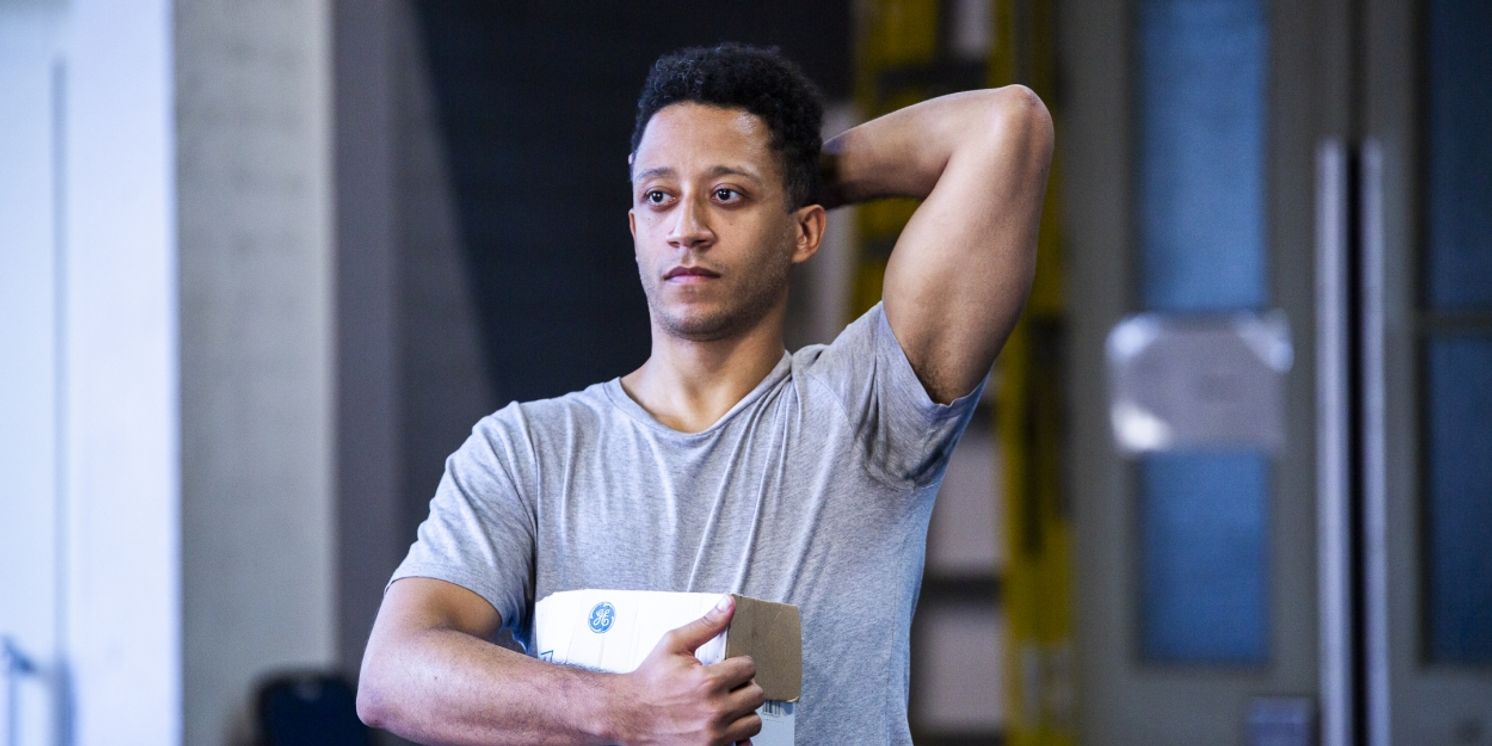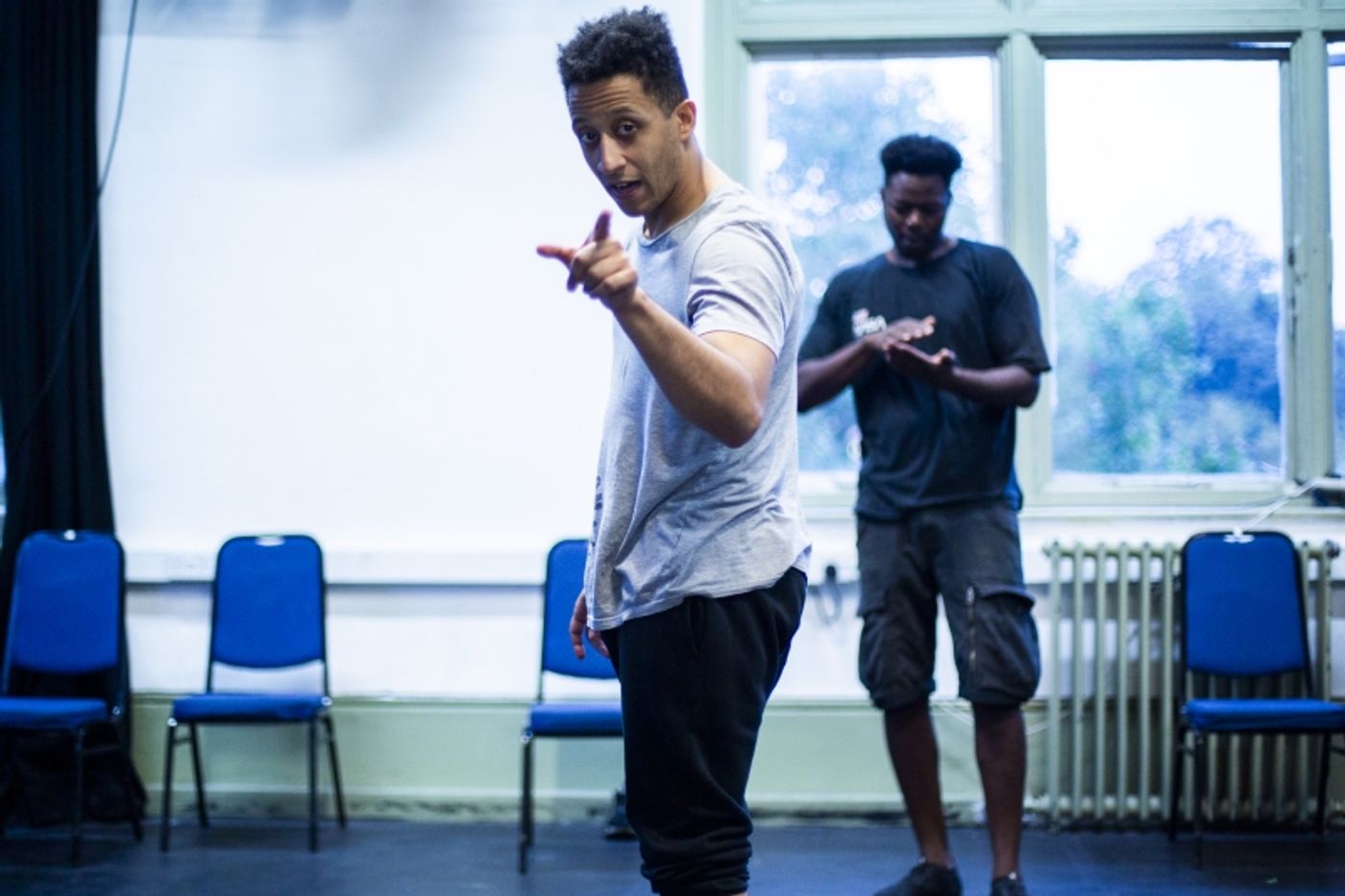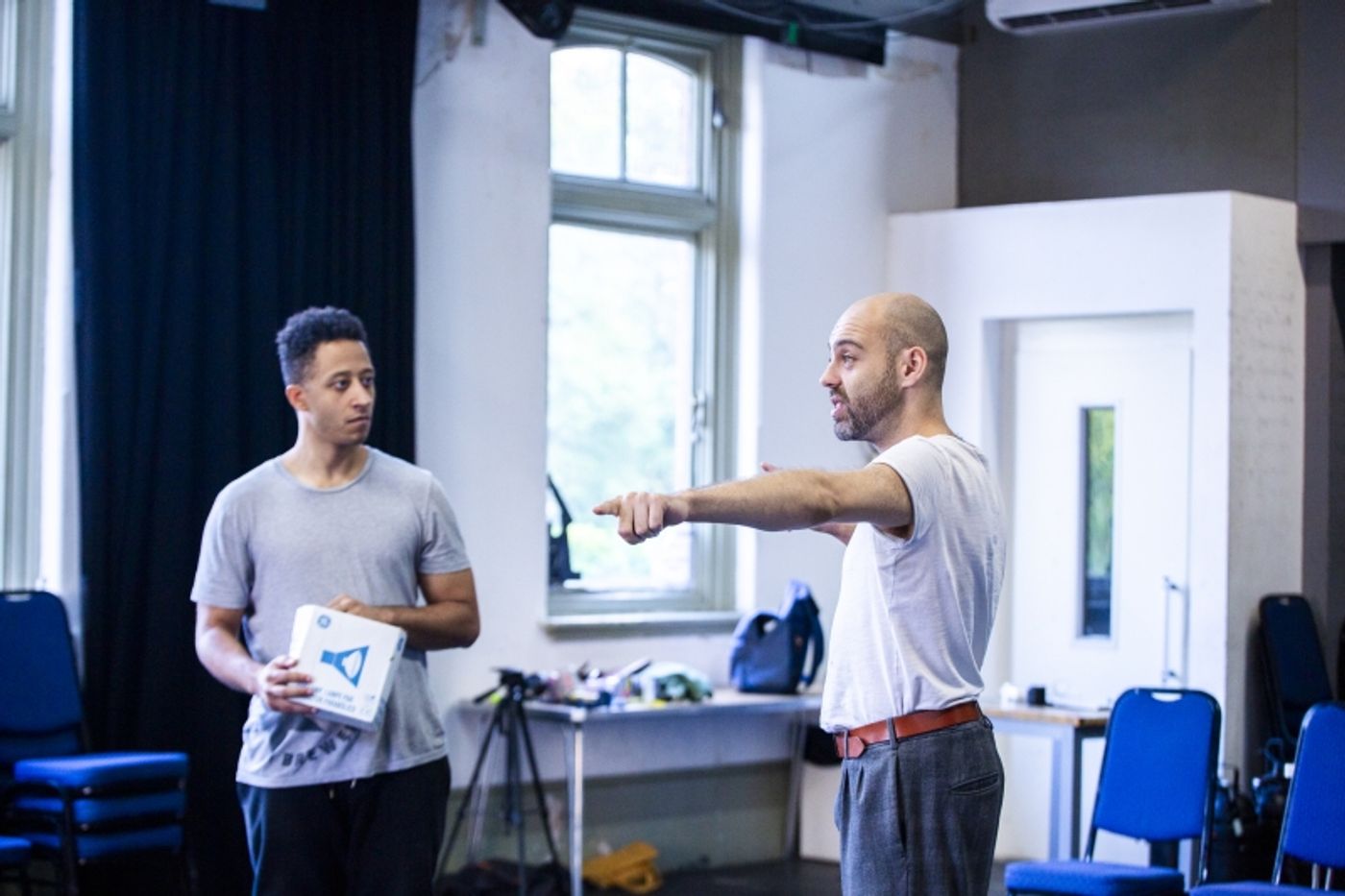Guest Blog: Writer and Actor Edi De Melo on Identity and Culture in His New Show MULATTO BOY
"By sharing the black British experience I wanted to expose the dangers narrative erasure has on marginalised communities."

Who gets to decide who we are and what criteria defines that? When I first started writing Mulatto Boy this was the central question that drove me.
Today, much like Mulatto Boy’s protagonist, Huvi, many people of colour find their right to belong questioned and their authenticity brought into doubt. Especially when the central theme of all current political and national debate seems to be immigration. For many not being fully accepted in a place they’ve known their whole life, and in some cases not being able the call the country their parents are from, having never visited it, home, creates an almost liminal existence.

Photo Credit: Ewa Ferdynus
Mulatto Boy explores this liminality and the systemic structures that create it. Interrogating how the erasure of certain narratives leads to a National Identity that has profound and assimilative effects on black British identity. Asking what if what we take for granted as normal creates an absurd reality for others. By sharing the black British experience I wanted to expose the dangers narrative erasure has on marginalised communities.
Mixed race identity, in this case my own, offered a physical representation of that liminality and a perfect vantage point from which to attempt to answer this question. The phenomenal C. D. Sibley comments that whilst there are many ways to analyse story the methods we use when such analyses takes place should be culturally specific to the world the story explores. This means thinking about how language is used, how music informs and the structures within which the stories themselves are shared. C.D. Sibley provides an extensive check list, which she calls Afrocentric Analysis, which we can use as a template when creating and developing such stories ensuring that we take all these elements into account.
Whilst Afrocentric Analysis proved the perfect jumping point for my investigation. One thing was still missing. Content. Something that would cause things to take a far more personal turn. What started as a broader enquiry became a love letter to a culture I grew up with but never really truly understood. A culture I supressed without even knowing I was doing it. Cutting my hair a certain way because ideas ingrained in me from a young age led me to believe that somehow braided hair indicated unprofessionalism or an incapability to perform the task I was being hired to perform and all this ingrained in me as if it was some universal standard or truth. Now, whilst this personal turn led, to what some might call obvious, revelations it also left me with another question. What criteria would I have to adhere to in my mum’s world? And if I didn’t adhere to it all did that mean that I wasn’t enough in her world too?

Photo Credit: Ewa Ferdynus
Now, whilst I still don’t have the answer, this journey, which I’m now blessed enough to develop further and stage with an amazing creative team, has taught me more about myself than I thought possible. In learning and researching Kimbundu, lyrics of songs I grew up with and filled the air during family gatherings suddenly made more sense and carried more weight.
My understanding of what these songs meant to my mother deepened. So whilst I never found all the answers, I actually ended up with more questions than when this whole thing began, I was reminded of one thing. The stories or narratives we tell and how we tell them can not only effectively challenge the criteria by which we make and define work but also give those who may not adhere to those standards a sense of belonging and voice.
Mulatto Boy is at the Omnibus Theatre from 15 October - 3 November
Main Photo Credit: Ewa Ferdynus
Videos

